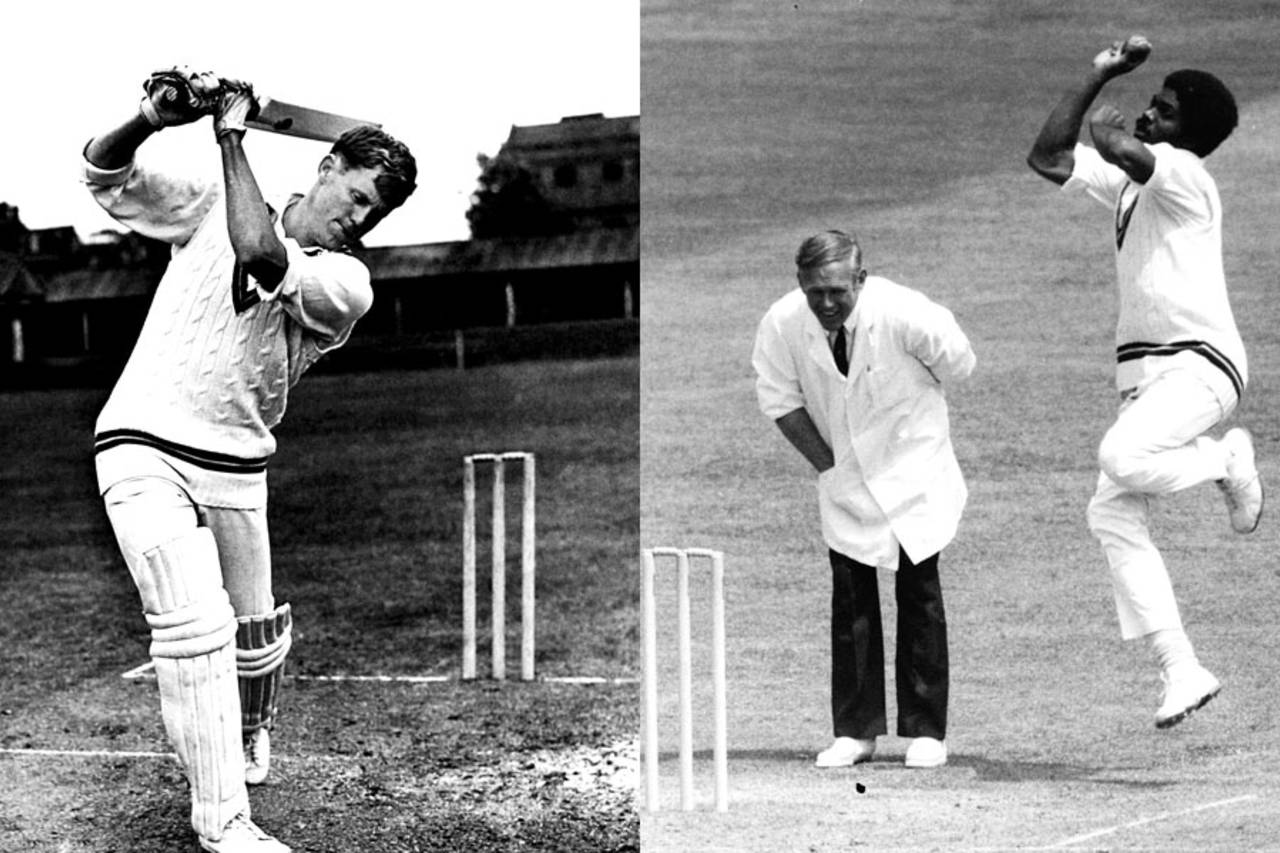The fact that West Indies have actually taken a full-strength team to South Africa is both reassuring and confusing.
Coming off the events of the abandoned India tour, it seemed almost certain a repeat of the events of the 2009 home series versus Bangladesh would occur and a second-string team would be sent to South Africa. Also, despite intervention from the CARICOM political leaders, India's US$42 million threat loomed large, ready to cripple the West Indies board's finances catastrophically.
Talk of the West Indies team being disbanded like the former football nations of USSR and Yugoslavia was gaining serious traction from Jamaica in the north to Guyana in the south.
Frustrated fans are clearly at the end of their tether, disgusted by the players' on-field performances and efforts of the WICB, which seems unable to unite the sport that makes the Caribbean community come together as one, since otherwise insularity is present in every aspect of West Indian life.
A task force set up to review what happened in India is set to report on December 13, but the WICB, the West Indies Players Association (WIPA) and the players have to be commended for coming to some sort of agreement in the interim so we don't further embarrass ourselves in front of the cricket world.
However the players will soon realise the on-field task of trying to last the majority of the 15 scheduled days of Test cricket in the next month against South Africa, who have only lost two Test series since 2006, might give them more sleepless nights than their off-field shenanigans with the WICB and WIPA.
Recently, when West Indies celebrated their 500th Test, against Bangladesh, I observed their
historical record in which the 64% defeat ratio against South Africa stood out as West Indies' worst against any nation (it's
similar in one-day internationals as well).
Of all the defeats West Indies have suffered since the decline began in 1995, the memories of watching the thrashing on that historic first tour in 1998-99 is easily the most humbling
Besides the Ambrose and Walsh heroics
in Bridgetown 1992, Walsh's farewell victory
in 2001 and the
Port Elizabeth 2007 shock victory, South Africa, since their readmission, are the one team West Indies really struggle to beat.
Of all the defeats West Indies have suffered since the decline began in 1995, the memories of watching the thrashing on that historic first tour
in 1998-99 is easily the most humbling.
But what if these two nations had met before 1992 in Tests, especially when West Indies were cricket's dominant force?
Many very knowledgeable cricket fans are aware of the number of great cricketers South Africa had during their isolation from world cricket. While researching this piece, it became obvious that while West Indies were dominant and had no competition except for some feisty challenges from Pakistan, South Africa could have provided them the sternest challenge of their illustrious reign.
Some might point to the controversial rebel tours of the early 1980s between the two sides - where a reserve Caribbean team generally dominated South Africa - to suggest the best of the West Indies would have swept aside them easily too.
But the contest would have been more riveting if it occurred in the 1970s when many of South Africa's players were at the peak of their powers.
Let us suppose that after South Africa famously trounced Australia 4-0 in 1969-70, world political pressure had forced the South African government to dismantle the apartheid system so much quicker that they back in World Cricket within a year rather after 21.
It is very conceivable that South Africa might have been the best team in the world from 1970-1976. Potentially, players such as Tony Greig, Allan Lamb, Kepler Wessels, who starred for England and Australia, would have played for the Republic. The playing XI and squad depth during this period could have been one of the most fantastic set-ups ever assembled in cricket history.
West Indies began their road of nearly two decades of dominance and 15 years without losing a series during the 1976 tour of England. Joel Garner and Colin Croft joined the side during the 1976-77 home series against Pakistan, which led to the formation of the four-man apocalypse pace attack.
So before the World Series in 1977, cricket fans would have witnessed titanic home-and-away clashes between the great South Africans, who arguably, would have dominated the first part of the 1970s, against an irresistible upcoming West Indies force with the following XIs:
Barry Richards, Eddie Barlow, Peter Kirsten, Graeme Pollock, Tony Greig, Clive Rice, Lee Irvine, Mike Procter, Garth Le Roux, Vince van der Bijl, Denys Hobson.
Roy Fredericks, Gordon Greenidge, Viv Richards, Lawrence Rowe, Alvin Kallicharran, Clive Lloyd, Deryck Murray, Michael Holding, Andy Roberts, Joel Garner, Colin Croft.
In 137 years of Test cricket, our sport has had many engrossing rivalries, but possibly the lost battle between West Indies and South Africa was the greatest rivalry never played.
Colin Benjamin is the Media officer for the Trinidad and Tobago professional football club DIRECTV W Connection FC. @Footycric
